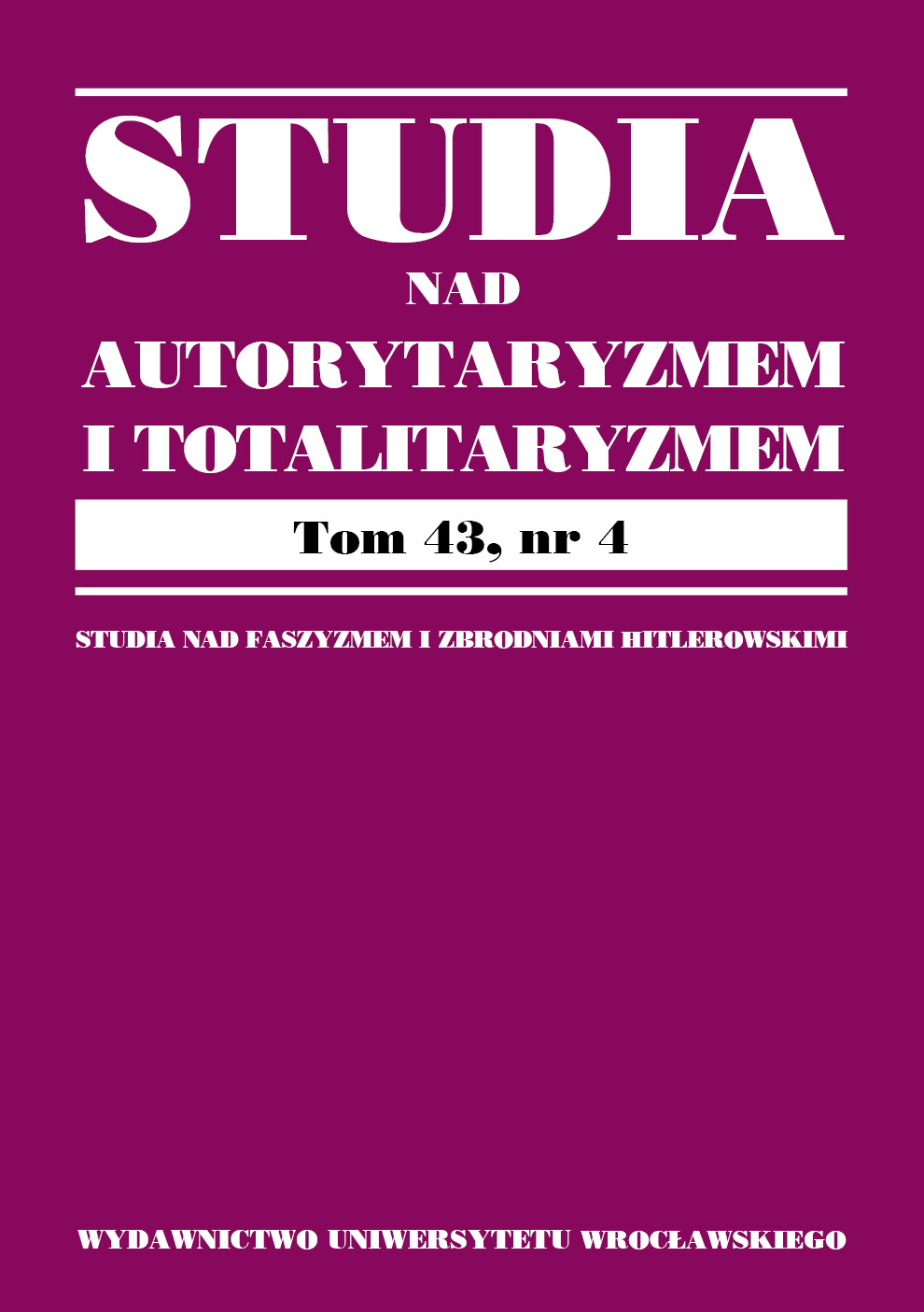

Artykuły

The study describes the functions of civil procedure as a legal instrument from the times of the socialist authoritarian state of the People’s Republic of Poland. The positions expressed in the doctrine regarding the purpose and principles of conducting civil proceedings, regulated in the Act of 16 November 1964, Code of Civil Procedure, which was adopted during the authoritarian power of the dominant political party of the Polish United Workers’ Party, were presented. Provisions of procedural law, dating back to the authoritarian rule of democratic socialism in the People’s Republic of Poland, were intended to provide protection for the socialized economy and to enable the state to control civil-law relations. Civil proceedings were intended to guarantee the possibility of protecting not only the rights of the individual, but also, or rather first and foremost, of the units of the socialized economy, as well as of the disputes that might arise in connection with relations between the state and its citizens, and between citizens. This principle required the authorities conducting civil proceedings to ensure adequate legal and procedural protection in the event that a party or participant in the proceedings was a unit of the socialized economy. Civil proceedings in which the court, within its powers, could interfere with the legal sphere of an individual in connection with the conferral of discretionary power, was another legal tool and instrument allowing the state to influence private-law relations. In addition, the authoritarianism of the state power at that time was also manifested in this.